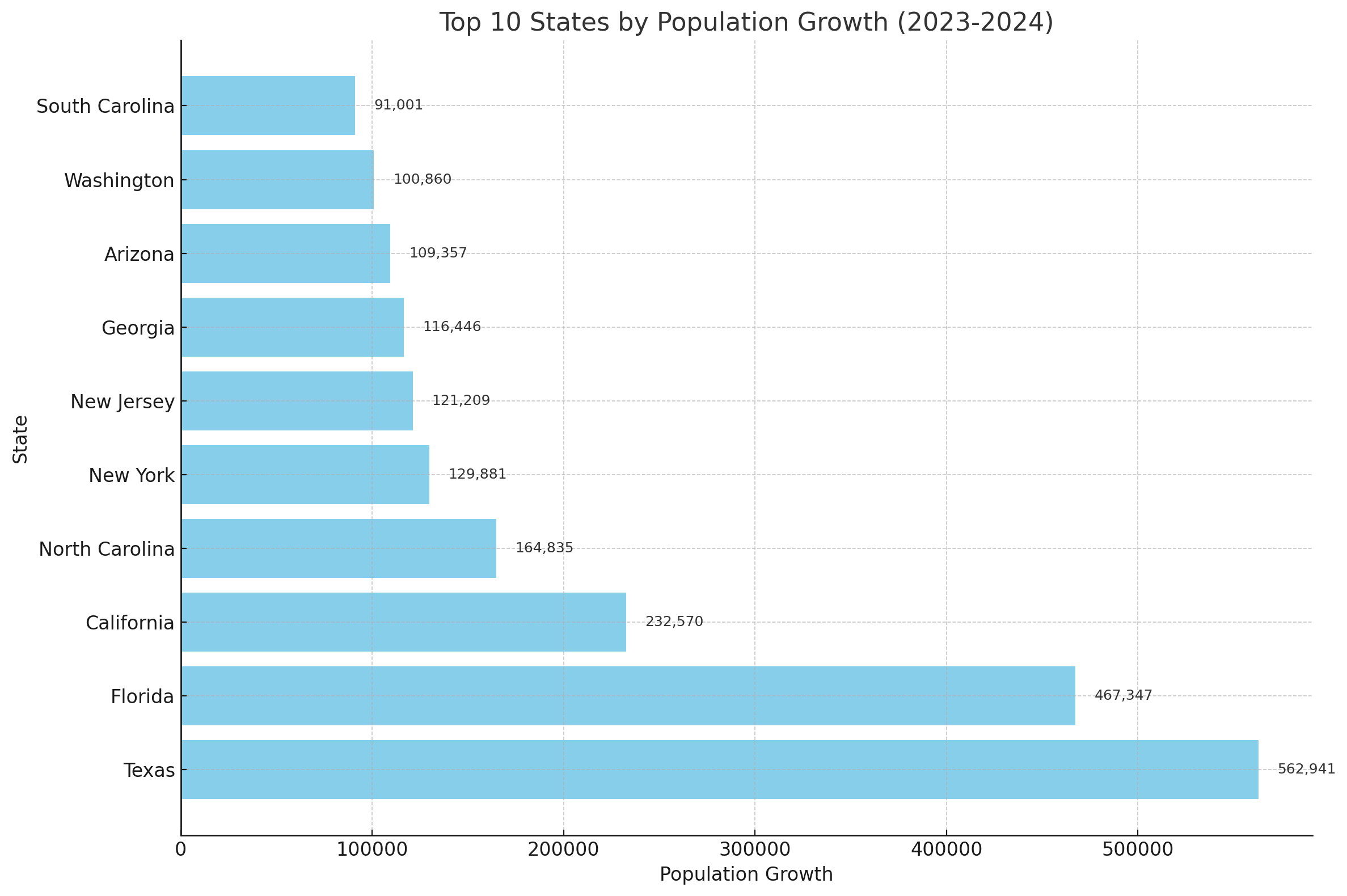Written by Michael LaPick
Healthcare Writer
We want to help you make educated healthcare decisions. While this post may have links to lead generation forms, this won’t influence our writing. We adhere to strict editorial standards to provide the most accurate and unbiased information.
Navigating Health Insurance and Medicare Plan Options
Residency and Insurance Your state of residency determines where to purchase health insurance. Residency is based on factors like where you spend most of the year, pay taxes, or vote.
As more Americans embrace flexible lifestyles, many individuals split their time between multiple states. Whether you’re under 65, juggling work commitments in different locations, or retired and qualifying for Medicare plans as a snowbird escaping harsh winters, understanding health insurance options—including how to get insurance outside of open enrollment—is vital to maintaining uninterrupted healthcare access.

A team of licensed insurance agents are here to help you compare plans
Understanding Residency and Health Insurance
Your state of residency is central to determining where you should purchase health insurance. Residency is typically defined by where you spend most of the year, pay taxes, register your vehicle, or vote.
For snowbirds—typically retirees who migrate from their longtime northern homes to warmer southern residences during the winter months—and others who split their time equally between states, it’s essential to establish and document a primary residence. For those wondering, “how to get health insurance when living in two states,” or seeking the best health insurance for dual state residency, careful planning is crucial.
For Individuals Under 65:
If you work in one state and live in another, your employer-based insurance will likely address coverage across state lines. For others, the Affordable Care Act (ACA) coverage in multiple states is an option worth exploring.
If you purchase insurance through the Health Insurance Marketplace, select a plan based on your primary residence. Consider insurers offering national provider networks to ensure coverage when traveling or living in another state.
For those who missed open enrollment, there are still options to explore. Many individuals search for “what happens if I miss open enrollment for health insurance,” or “how to get insurance after open enrollment.” The answer often lies in qualifying for a special enrollment period (SEP), which can be triggered by a significant life event like relocating to another state.
For Those Over 65 and Medicare Eligible:
Medicare enrollment is tied to your primary residence, but certain plans provide flexibility for multi-state dwellers. Medicare plans for snowbirds can help retirees maintain coverage wherever they reside seasonally.
Your principal residence is where you pay taxes, vote, or hold your driver’s license. Original Medicare and Medicare Supplement plans or Medicare Advantage follow this designation.
Health Insurance Options for Multi-State Living
For Individuals Under 65: If you’re not yet Medicare-eligible, you’ll need to purchase a plan in your state of residence. If you frequently spend time in another state, look for plans with broad or national networks, such as PPO health plans for multi-state coverage, to avoid out-of-network charges. Employer-based plans often have built-in flexibility, but for individual or family plans, careful research is necessary. Explore this glossary of health insurance terms to learn more.
For Those Over 65 (Medicare Beneficiaries): Medicare beneficiaries who split time between states have unique considerations. The type of Medicare plan you choose determines how easily you can access healthcare in multiple locations:
- Original Medicare (Parts A and B): Offers nationwide coverage at any provider accepting Medicare. This option may be ideal for snowbirds, as it ensures access across the U.S. Medicare for snowbirds, or even specific snowbird health insurance plans, can simplify the process for seasonal travelers.
- Medicare Supplement Insurance Plans (Medigap): Medigap plans may cover many additional costs not covered in Original Medicare. These plans are portable and accepted wherever Original Medicare is, offering additional peace of mind for multi-state living.
- Medicare Advantage Plans (Part C): These plans are often region-specific and may have limited coverage outside your primary residence. If you prefer Medicare Advantage, look for plans with national or extensive networks. Verify coverage availability in all your frequented locations.
- Prescription Drug Plans (Part D): Stand-alone Part D plans or Medicare Advantage plans with drug coverage (MA-PD) vary by location. Opt for plans with a national pharmacy network if you split time between states.
Qualifying Life Events: Securing Coverage Outside Open Enrollment
For both age groups, relocating to a different state or spending a significant portion of the year in another location may qualify as a special enrollment period (SEP). This allows you to secure or adjust health coverage outside of the annual open enrollment period. Be prepared to provide documentation, such as a lease or utility bills, to confirm residency changes.
If you’re wondering how to get insurance outside of open enrollment, SEPs often provide a lifeline. Snowbird health insurance options frequently require similar proactive measures.
Tips for All Multi-State Dwellers
- Research Provider Networks: Whether you’re under 65 or Medicare-eligible, ensure your plan includes providers in all the states where you reside or travel. Health insurance for travelers often highlights the importance of network coverage.
- Maintain Up-to-Date Records: Keep documents supporting your primary residence, such as voter registration or tax filings, readily accessible.
- Consider Telehealth Services: Many plans now offer telehealth options, providing convenient care no matter where you are.
- Evaluate Your Needs Annually: Both private insurance and Medicare plan options can change from year to year. Review your coverage to ensure it still meets your multi-state lifestyle.
Final Thoughts
Whether you’re working and under 65 or retired and over 65, managing health insurance or your Medicare plan coverage while living in multiple states requires careful planning. By choosing plans with appropriate networks and understanding residency rules, you can enjoy the flexibility of a multi-state lifestyle without compromising access to quality healthcare.
Thank you for your feedback!








